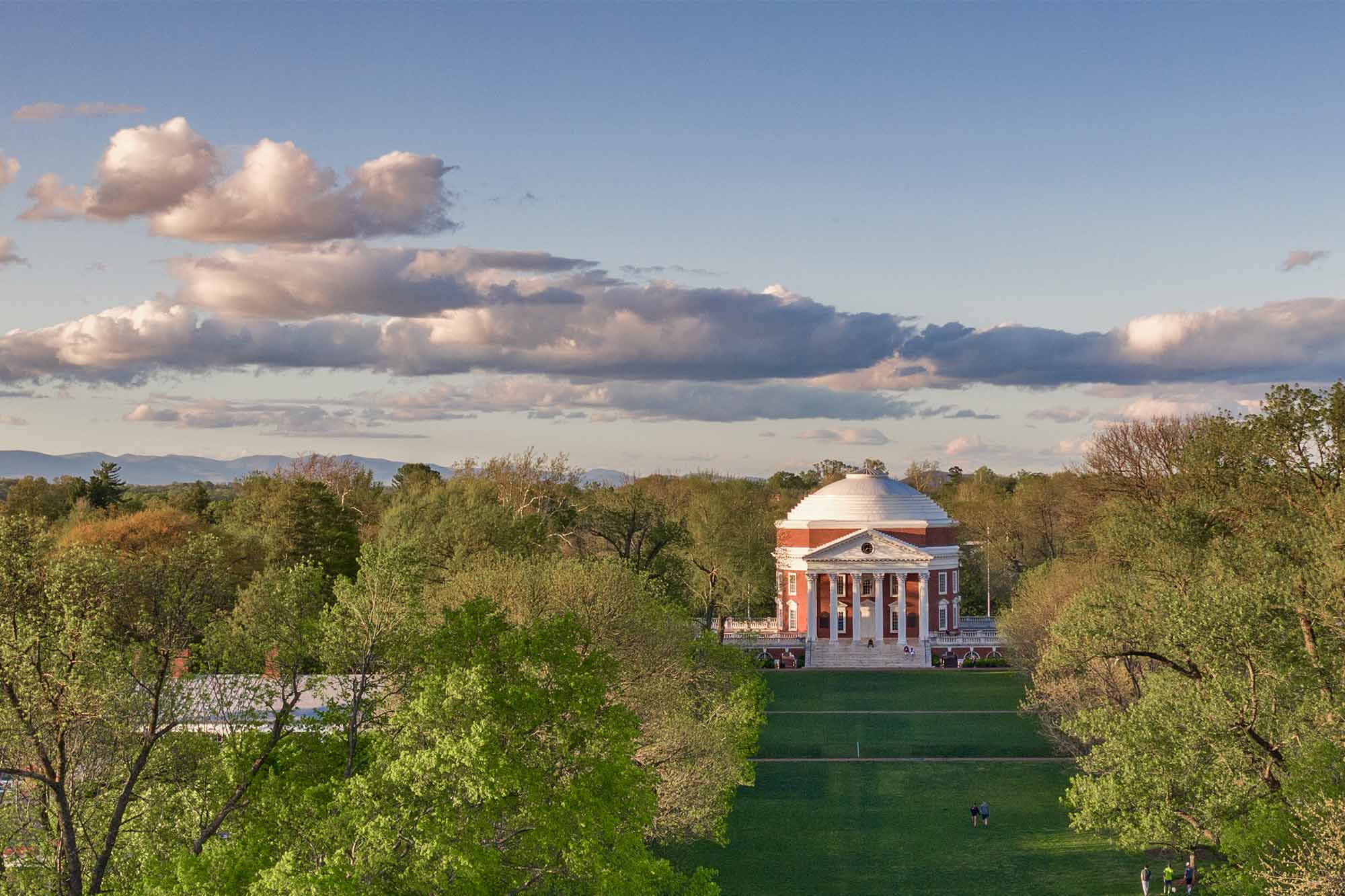Fueled by funds from the Virginia Department of Education, the University of Virginia is partnering with Charlottesville City Schools to design a lab school at Buford Middle School to teach computing skills through student-led, project-based learning.
The lab school is part of Virginia’s K-12 system, a public school associated with higher education institutions with the goal of developing innovative models of teaching and learning, often with a specific focus.
Last year, the General Assembly appropriated $100 million for the development of new lab schools throughout the commonwealth, including $5 million for planning grants to pay initial short-term costs associated with designing a new lab school.
The UVA Buford lab school would build on existing computer science partnerships in Charlottesville to help middle school students develop technical skills by solving real problems with computational tools.
“Most people know by now that computing skills are critical for our students’ future career opportunities,” said Jennie Chiu, an associate professor in the UVA School of Education and Human Development. “But research also tells us that computer and data science are powerful ways to engage students in meaningful experiences that deepen their understanding of themselves and the world around them.”
Consider a hypothetical 13-year-old who, walking to school every morning, notices that the sidewalks on some streets are falling apart. She brings up the issue at her lab school’s daily meeting, and with her teachers’ support, she and her classmates get to work. They analyze traffic patterns, they research policies and they dive into city datasets.
Collaborating with community leaders, one group of students creates and delivers a presentation to City Council on the costs and benefits of investing in safer sidewalks. Another group builds an app to chart safe walking paths.
In the sidewalk example, educators say students are practicing important computing skills like decomposing a complex problem and analyzing data. They’re also learning about social studies, critical thinking, civics, and other core learning objectives – all by engaging with a real-world problem that matters to them.
While student outcomes are the primary focus, the lab school plan includes another important goal: teacher development. Leveraging UVA’s top-ranked teacher education program, the school will be designed to develop educators’ expertise in planning and leading a learning environment that breaks out of the typical classroom mold.
“For any teacher, but particularly early-career or pre-service teachers, there is no substitute for the experience of applying concepts in a real classroom,” said Jillian McGraw, director of teacher education in the School of Education and Human Development. “We are thrilled about the chance to deepen our longstanding partnership with Charlottesville City School and bring both current teachers and teacher candidates some really valuable professional learning opportunities.”










